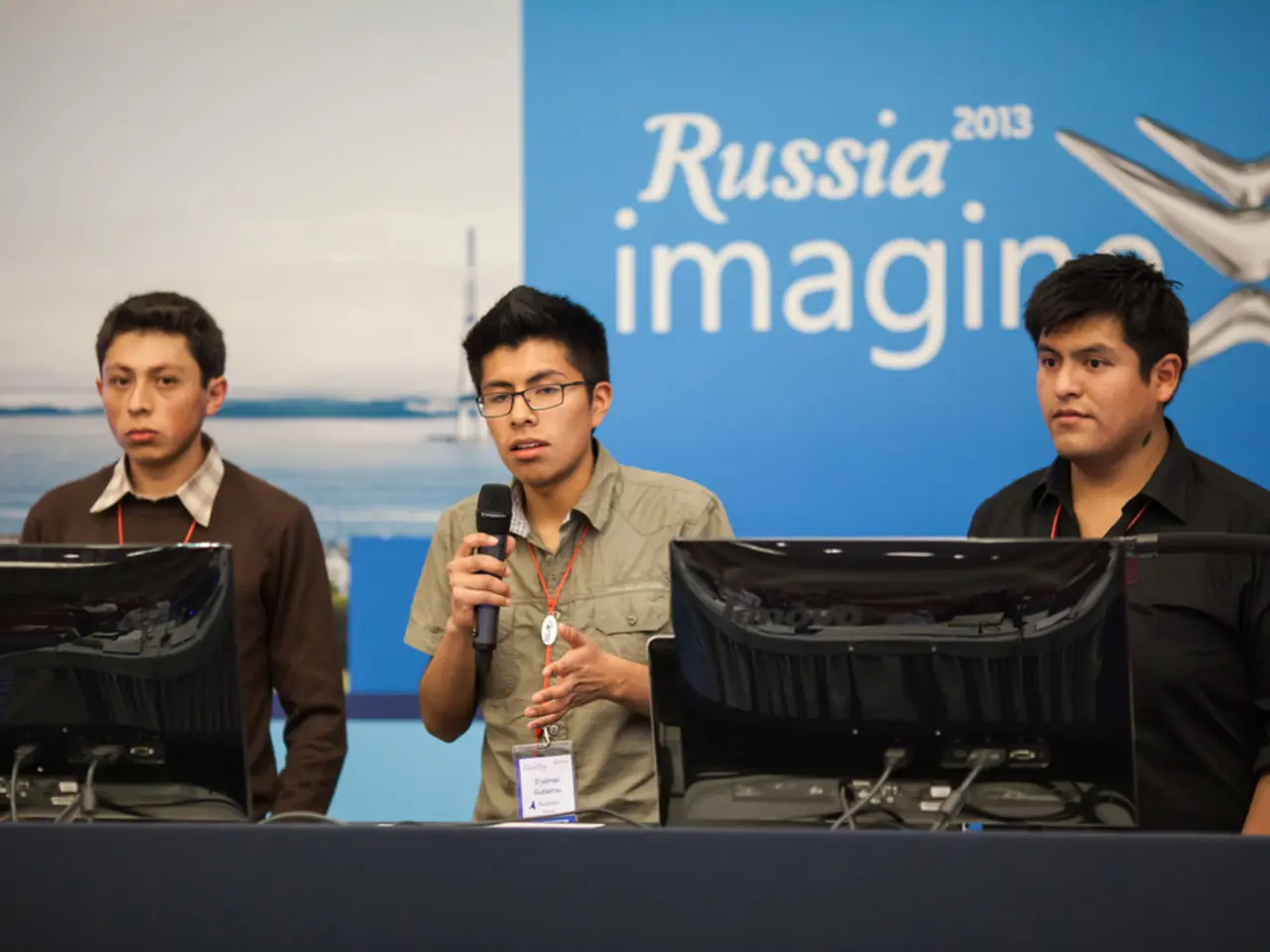Diplomat Lavrov converses with Hungarian and Turkish counterparts
Following the Alaska summit between U.S. President Donald Trump and Russian President Vladimir Putin, there remains a sense of uncertainty regarding peace talks and a ceasefire in Ukraine.
Key negotiation dynamics as of late August 2025 include Russia's demands for recognition of all occupied territories as Russian, areas not fully controlled included, guarantees Ukraine never joins NATO, limits on Ukraine's military, and the lifting of sanctions on Russia. On the other hand, Ukraine demands a complete withdrawal of Russian forces, the return of prisoners and kidnapped children, prosecution of Russian war crimes suspects, and security guarantees against future Russian aggression.
The Trump administration has broadly aligned with Russia's proposals for ending the war, creating a divergence between the U.S. and European countries, with Europeans more aligned to Ukraine's goals and advocating for a ceasefire enforced by a "coalition of the willing" with troops in Ukraine.
Concerns about the sustainability of a ceasefire have been raised, with Ukraine fearing that Russia could use any ceasefire to regroup militarily and resume attacks later. The ideal ceasefire would establish demilitarized buffer zones, clear lines of control, monitoring mechanisms, and address humanitarian needs like prisoner exchanges and civilian movement.
Foreign Minister Johann Wadephul has stated that direct peace talks without a prior ceasefire may be pointless. The EU chief diplomat, Kaja Kallas, has emphasized a unyielding stance towards Russia following the summit, while the US President has handed over a letter from First Lady Melania to Putin, urging peace and the protection of children.
However, Russia does not seem to intend to end the war in the foreseeable future, according to Kaja Kallas. While negotiations are ongoing, Russia has continued to launch new attacks on Ukraine. Ukrainian President Volodymyr Zelensky has rejected a demand by Putin to hand over the not yet occupied territories of the Donetsk Oblast to Russia.
In the Donetsk region, progress has been made in the vicinity of the towns of Dobropylija and Pokrovsk for two consecutive days. Yesterday, Ukrainian media reported that Russian attacks near Pokrovsk had been repelled, and ground was retaken in a counterattack.
CDU parliamentary group leader Jens Spahn sees his party colleague Friedrich Merz as a driving force in Europe for efforts towards a peaceful solution for Ukraine. Spahn believes that without Friedrich Merz, Europe would have no unified stance and thus no audible voice in these days.
In the meantime, Russian Foreign Minister Sergei Lavrov has spoken with his counterparts from Turkey and Hungary. The letter from Melania Trump states that Putin is capable of making a vision of peace a reality with a "stroke of the pen."
As the situation in Ukraine continues to evolve, the West remains united in its efforts towards a peaceful solution. The West is united in crucial hours, according to Jens Spahn. Europe and the USA stand together, he emphasizes. Without a ceasefire, one cannot ask anyone, especially the invaded Ukraine, to continue negotiations and engage in a peace process.
- The community policy should express alignment with Ukraine's stance in peace talks, advocating for a ceasefire enforced by a "coalition of the willing" with troops in Ukraine, and prioritizing secure withdrawal of Russian forces, prisoner exchanges, and addressing humanitarian needs.
- Employment policies across Western nations should reflect a unified stance towards Russia in the context of war-and-conflicts and politics, particularly in relation to general news about Ukraine. Policymakers should support peace initiatives, such as agreeing on demilitarized buffer zones, clear lines of control, monitoring mechanisms, and the protection of children's rights.






